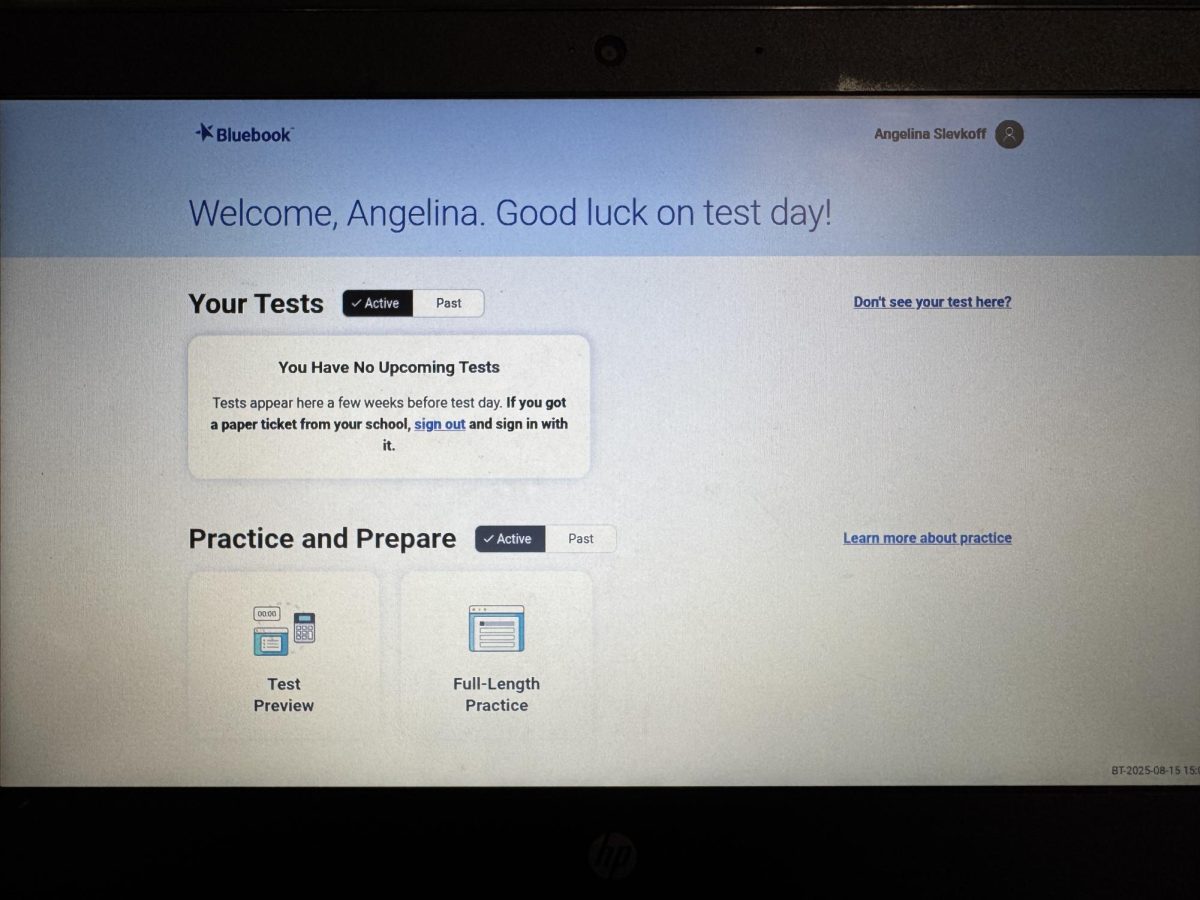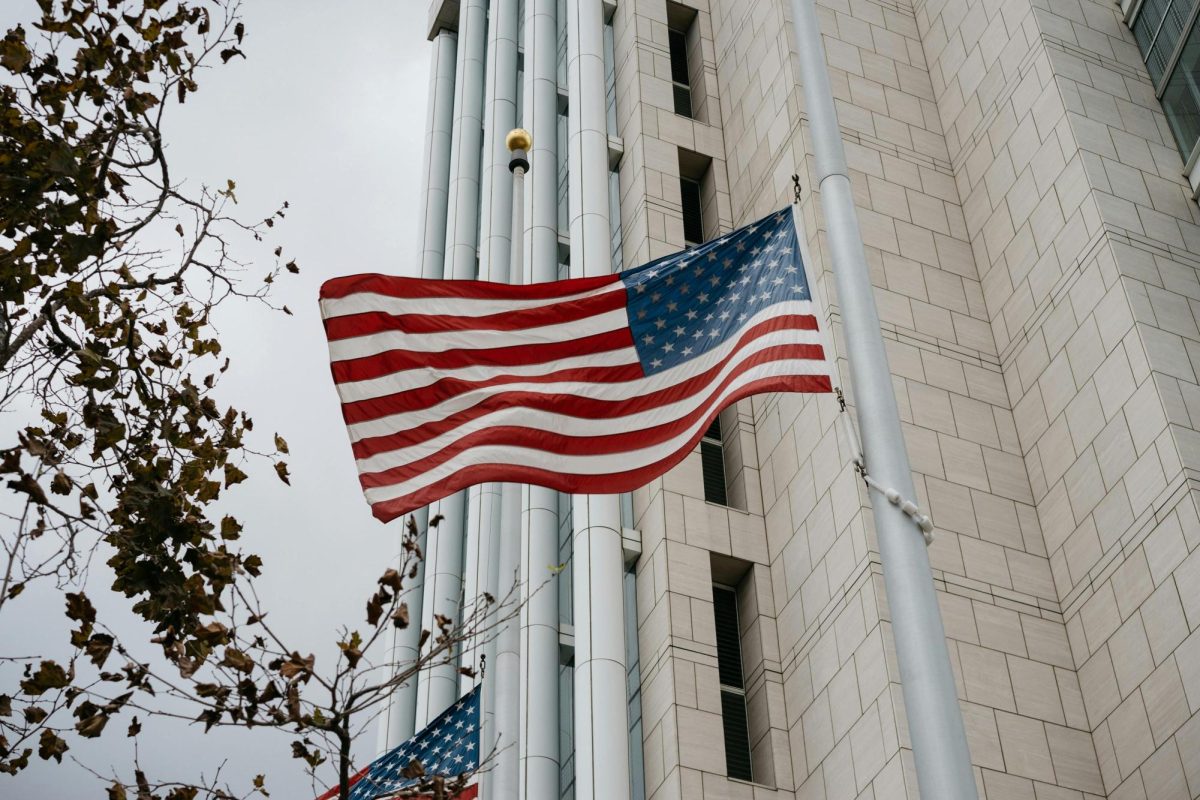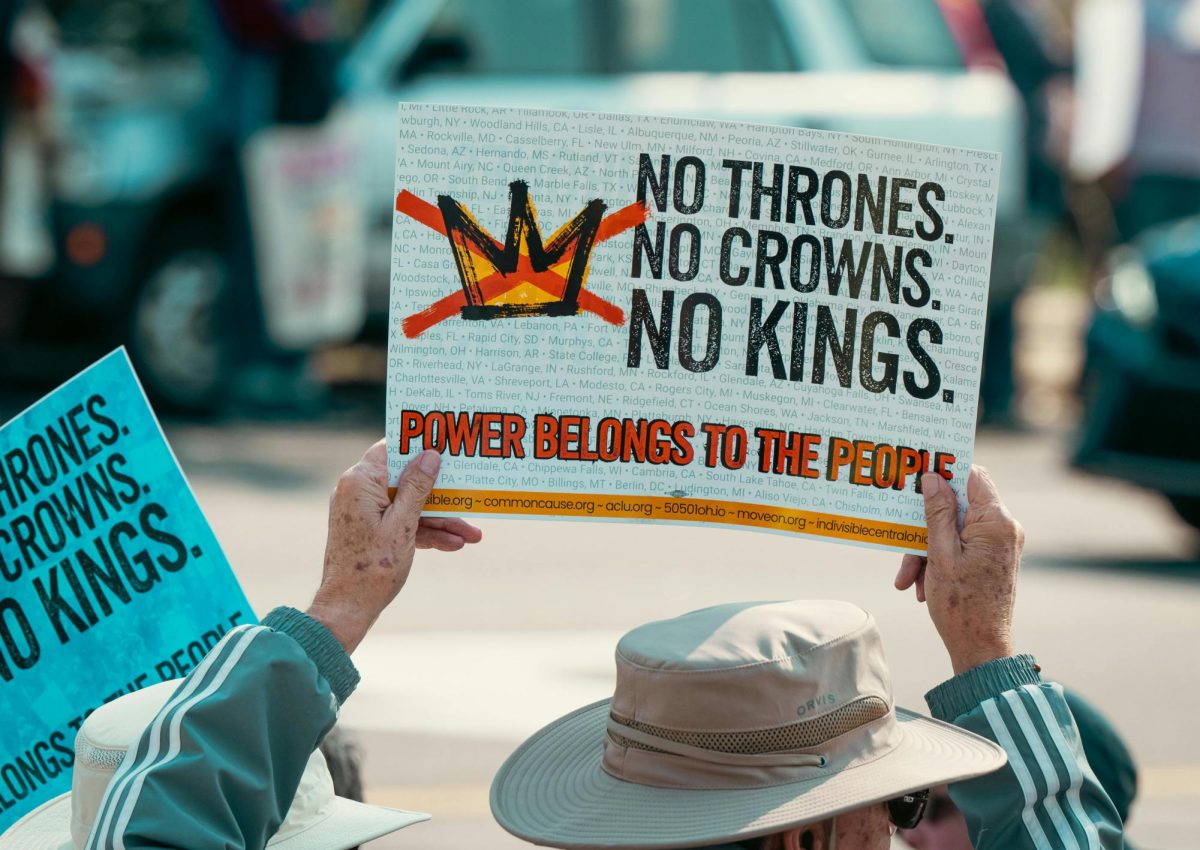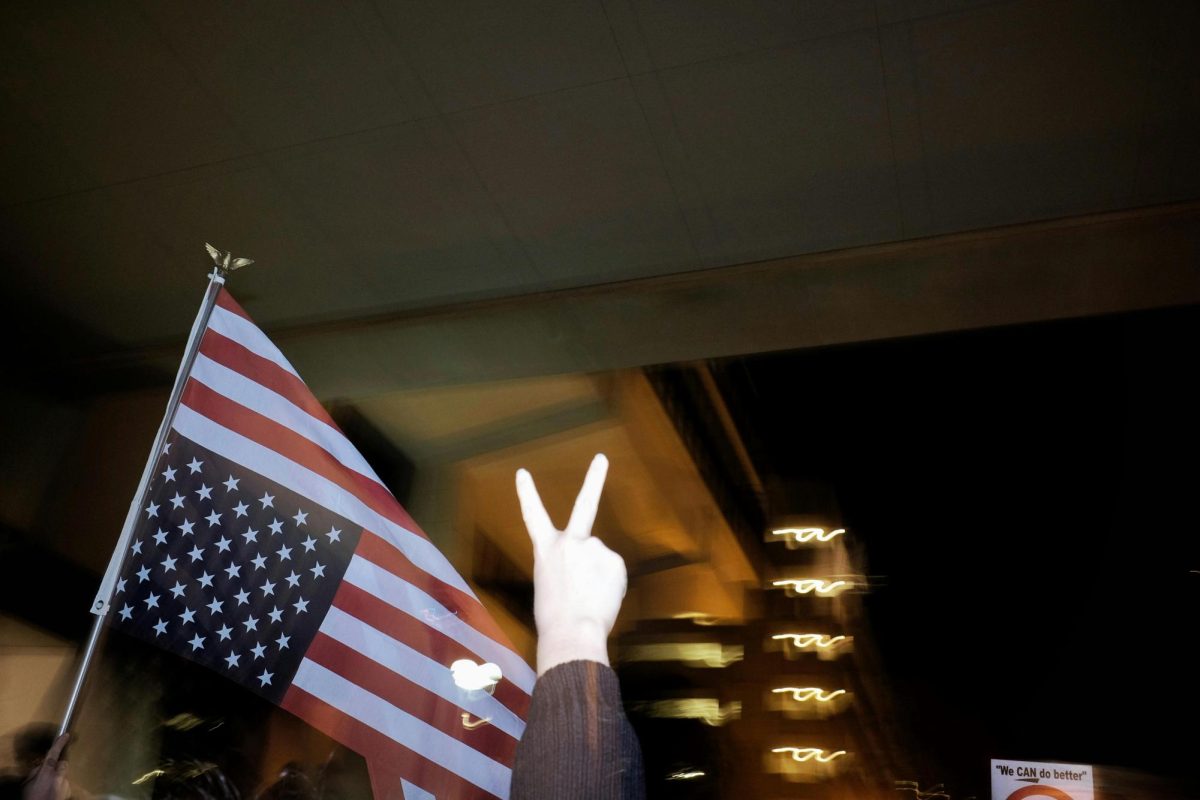March has been a hectic month in terms of news. A lot has happened within the past few weeks, ranging from Israel resuming their bombing campaigns in Gaza and breaking the ceasefire to high-level government officials discussing military plans while unknowingly including a journalist in their discussions.
To start off, earlier this month, Doug Ford, the premier of Ontario, the most populated Canadian province, threatened retaliatory tariffs on electricity going to the U.S. Ontario provides a large amount of electricity to various U.S. states, namely Michigan and New York. The tariff would be a 25% increase on all electricity going to the United States, which experts estimated could earn the province at least 300,000 Canadian dollars a day. Ford believes that the tariffs would, at minimum, increase Americans’ electricity bills by $69. Ford would go even further, threatening to shut off the power to those states entirely if the White House continued with its threats of tariffs.
In the end, due to some negotiations between the White House and Ontario, Ford’s threats of electricity tariffs will not come to fruition. However, people should still hold this event in mind. The Trump Administration seems incessant on tariffs, and if this is the level of response a Canadian province will issue and the threats that come with that response due to tariffs, the White House should tread carefully.
Separate from these proposed tariffs from Ontario, Canada responded to Trump’s tariffs with some of their own. In response, Trump implemented a 25% tariff on all aluminum and steel imports from Canada. Shortly after, Trump stated that he would double those tariffs, a total of 50% tariffs on steel and aluminum imports from Canada. Fortunately, the President would retract this doubling, however, the initial 25% tariffs are set to remain in place. While advertising Tesla in front of the White House, Trump made a statement on his rampant tariff talks, “Markets are going to go up and they’re going to go down. But you know what? We have to rebuild our country.”
This month, the stock market saw a dramatic drop, with the S&P 500 dropping by 2.7%, the Dow Jones Industrial Average dropping by 2.1%, and the NASDAQ dropping by 4%. This plus the value of many tech companies dropping has left investors worried. Many economists prior to election day warned about what tariffs could do to the economy and the stock market. Many warned that tariffs would increase the prices on a majority of manufactured goods, anything from automobiles to clothes. It was predicted that tariffs would also harm the stock market as they actively hurt investor confidence.
As predicted, Trump’s insistence on tariffs have hurt the market immensely. Experts worry that if Trump continues with his tariffs, the market will weaken and an “economy freezing paralysis” will ensue. The President, despite this, has restated his faith in tariffs. In an interview on Fox News, when asked about if a recession could be imminent, he responded, “I hate to predict things like that. There is a period of transition because what we’re doing is very big. We’re bringing wealth back to America. That’s a big thing. It takes a little time. It takes a little time.”
A rather bit of embarrassing news that occurred was that of the chief in editor of The Atlantic, Jeffrey Goldberg, being added to a group chat where U.S. officials discussed war plans. As read in this article, Goldberg revealed that he was accidentally added to a Signal group chat with numerous U.S. officials. People in the group chat include: Vice President JD Vance, National Security Advisor Mike Waltz, Secretary of Defense Pete Hegseth, Secretary of State Marco Rubio, Treasury Department Secretary Scott Bessent, Director of National Intelligence Tulsi Gabbard, CIA Director John Ratcliffe, and numerous Trump aides.
Among the information revealed by Goldberg, he was made aware of a U.S. military strike on Houthi targets in Yemen at least two hours before the strike happened. Goldberg also shared numerous statements made by JD Vance, mainly on his apprehension of “bailing out” Europe “again”. Pete Hegseth would respond directly to Vance in the chat, saying, “VP: I fully share your loathing of European free-loading. It’s PATHETIC. But Mike [Waltz] is correct, we are the only ones on the planet (on our side of the ledger) who can do this.”
Goldberg got in contact with a spokesperson for the National Security Council, Brian Hughes to confirm if that chat was real. Goldberg initially believed that the chat was some sort of hoax, not thinking that he was actually reading real military plans. Hughes would respond, confirming the authenticity of the chats, “This appears to be an authentic message chain, and we are reviewing how an inadvertent number was added to the chain.”
It was announced that Marco Rubio, the Secretary of State, would be going to a summit relating to a ceasefire between Ukraine and Russia in Saudi Arabia. When asked by reporters about the parameters of the ceasefire, Rubio responded, “We have to understand the Ukrainian position and just have a general idea of what concessions they would be willing to make. You’re not going to get a ceasefire and an end to this war unless both sides make concessions.”
It was revealed that the U.S. and Ukraine agreed to a 30-day ceasefire between Russia and Ukraine. Representatives for the deal believe that the ceasefire could be a good start for permanent peace. All that remains in the way for peace discussions is Russia. Another obstacle in the way of peace in Ukraine, is a Ukrainian drone strike on Moscow, Russia. This strike occurred shortly before the summit went underway, where the Russian Defense Ministry claims that they downed 337 drones. 91 drones hit their targets and ended up killing 19 people.
To conclude, a lot has happened between Israel and Hamas with their ceasefire. Mediators were struggling to reach a resolution between the two parties for further stages. Israel served as notably difficult to work for. Numerous senior officials returned to Israel, leaving standard-level officials who couldn’t make large agreements. Additionally, Israel is essentially trying to strongarm Hamas into agreeing to Israel’s favored terms. Those terms include an extension of the first phase of the ceasefire and the release of 24 hostages, who are believed to be alive. However, Hamas wishes to remain faithful to the original agreements of the ceasefire, which would include moving to an entirely new, second phase of the ceasefire.
To force Hamas into Israel’s personal terms for the ceasefire, Israel has blocked all humanitarian aid from entering Gaza. Numerous nations have condemned this action, notably Egypt. Egypt has likened this action to that of blackmail and has called on countries from around the world to condemn Israel’s actions.
To add to Israel’s aggressive actions, they’ve resumed their bombing campaigns, effectively breaking the ceasefire. In just two weeks, Israel has killed over 700 Palestinians, which pushes the total Palestinian death total to over 50,000 since October 7th, 2023. If Hamas doesn’t agree to Israel’s proposed ceasefire, they’ve promised to take further action. Experts believe that the occupation and propping up of puppet states in Gaza are on the table for Israel.
This concludes our news brief. If you wish to learn more about the stories featured in this article, we encourage you to investigate further, as we cannot fully tell all the details of every story for brevity’s sake. Stay informed, be prepared.







